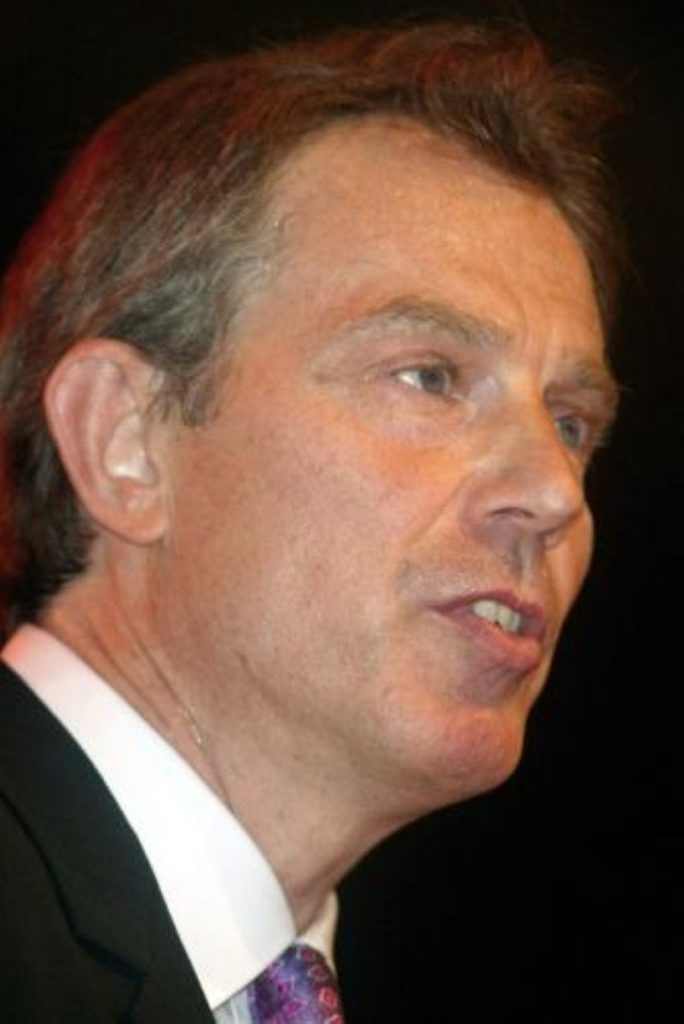Blair commits to building peace in Middle East
Tony Blair today said he would commit himself “for the remainder of my time in office” to bring about peace between Israel and Palestine.
The prime minister, in Beirut where he has been holding talks with the Lebanese premier Faoud Siniora, also pledged to help rebuild Lebanon and deal with the “root causes” of its conflict with Israel.
Mr Blair’s visit to Lebanon has been accompanied by protestors accusing him of being complicit in the deaths of nearly 1,200 Lebanese people during the conflict with Israel.
His press conference with Mr Siniora was interrupted by a protester holding a banner carrying the words ‘boycott Israel’.


Speaking alongside the Lebanese prime minister, Mr Blair followed his meeting with Palestinian president Mahmoud Abbas on Sunday by emphasising the importance of finding a peaceful two-state solution to the conflict between Israel and Palestine.
“I wanted to lay particular emphasis on the Israel-Palestine conflict,” he said.
“I think it is important to do everything we can to rein that process in, to give ourselves the best chance of achieving a lasting comprehensive settlement of that issue.
“I believe that it can be done and furthermore I commit myself for the remainder of my time in office to bring that about.”
Lebanese prime minister Mr Siniora said Britain could play a “positive role” in reviving the Middle East peace process, adding: “Only by addressing the underlying causes can we bring about a lasting peace for the Middle East.”
He also called for help from Mr Blair in reconstructing Lebanon and overseeing the implementation of UN resolution 1701, which sanctioned a ceasefire between Lebanon and Israel.
Answering his critics, Mr Blair stressed that getting agreement on that resolution – rather than directly calling for Israel to halt its bombing of Lebanon – “was the only possibility of stopping the conflict”.
Lebanon, he said, could be assured that Britain would play a full part in the reconstruction of the country.
Britain would also play a “crucial role” in ensuring that the Lebanese armed forces were in control of Lebanon, and help to deal with issues such as the return of Lebanese prisoners by Israel.
Ahead of Mr Blair’s visit to Lebanon – the last leg of his Middle Eastern tour – the prime minister was criticised by its top Shi’ite cleric for his support of Israel and the United States.
Sayyed Mohammad Hussein Fadlallah said that the Lebanese government should have told Mr Blair that he was “not wanted in Lebanon, so that he – and those like him – would know that we are not so naive as to welcome him when he has contributed to killing us and slaughtering our children”.

